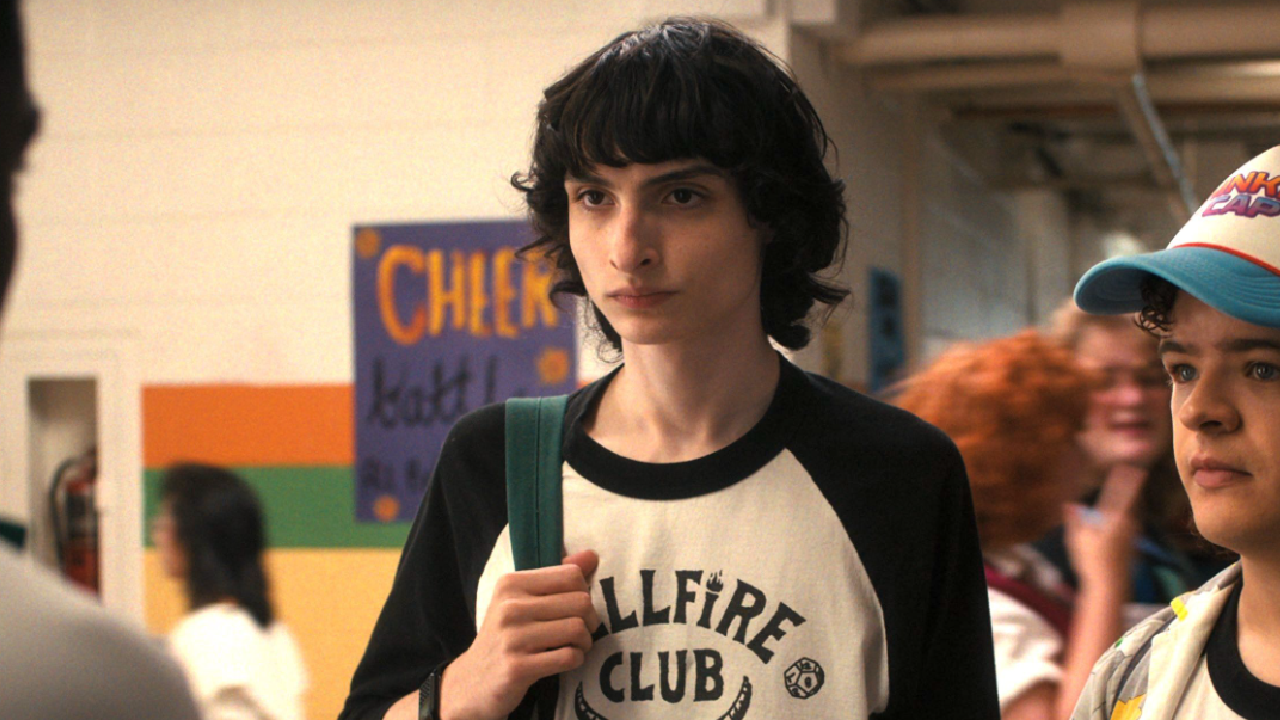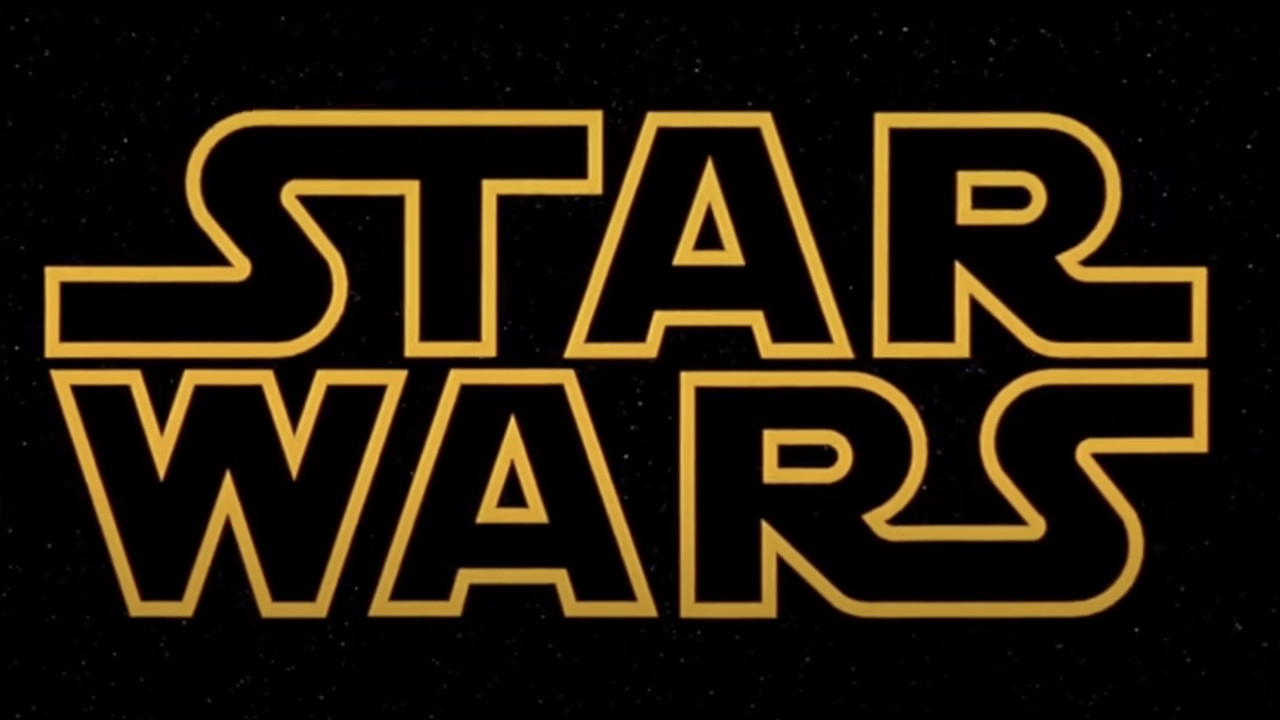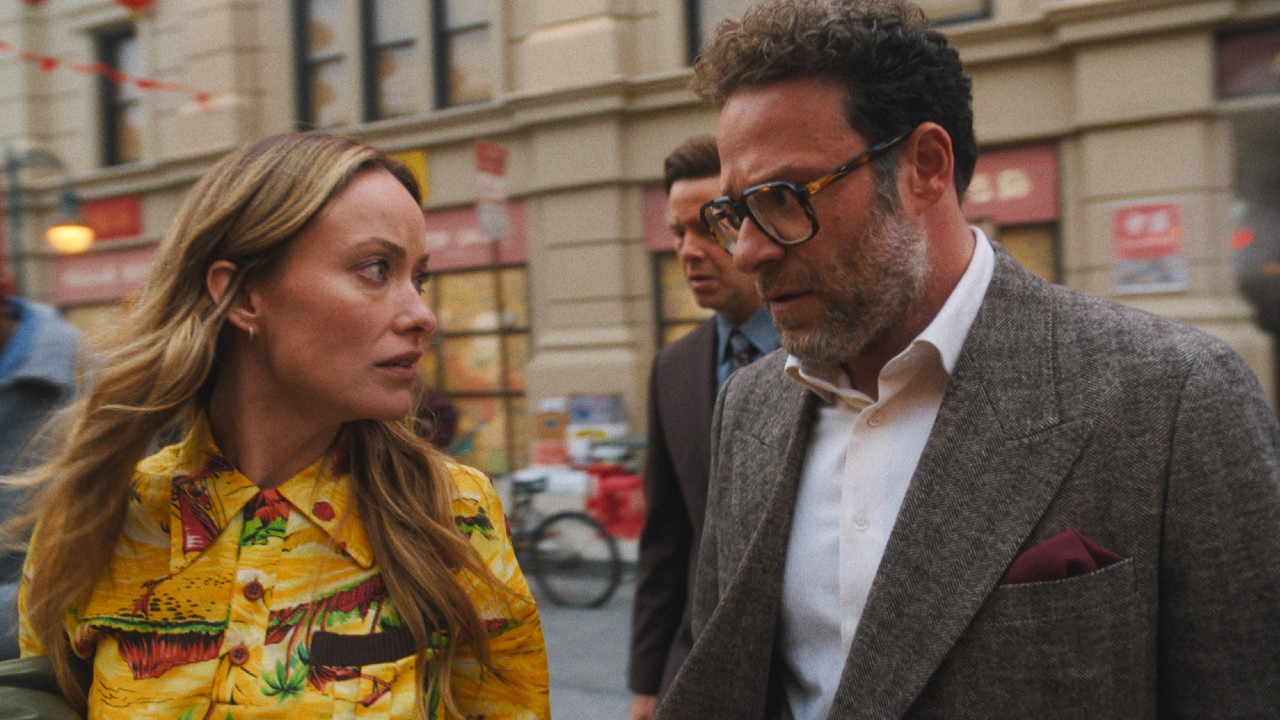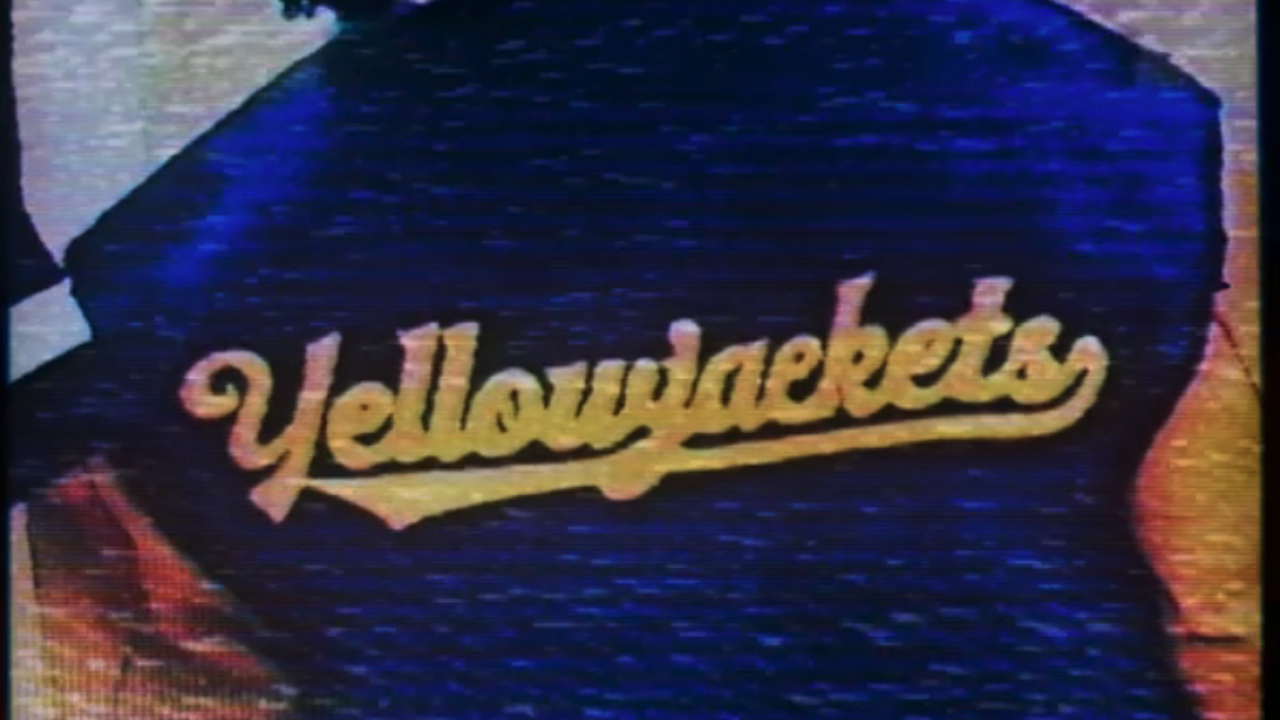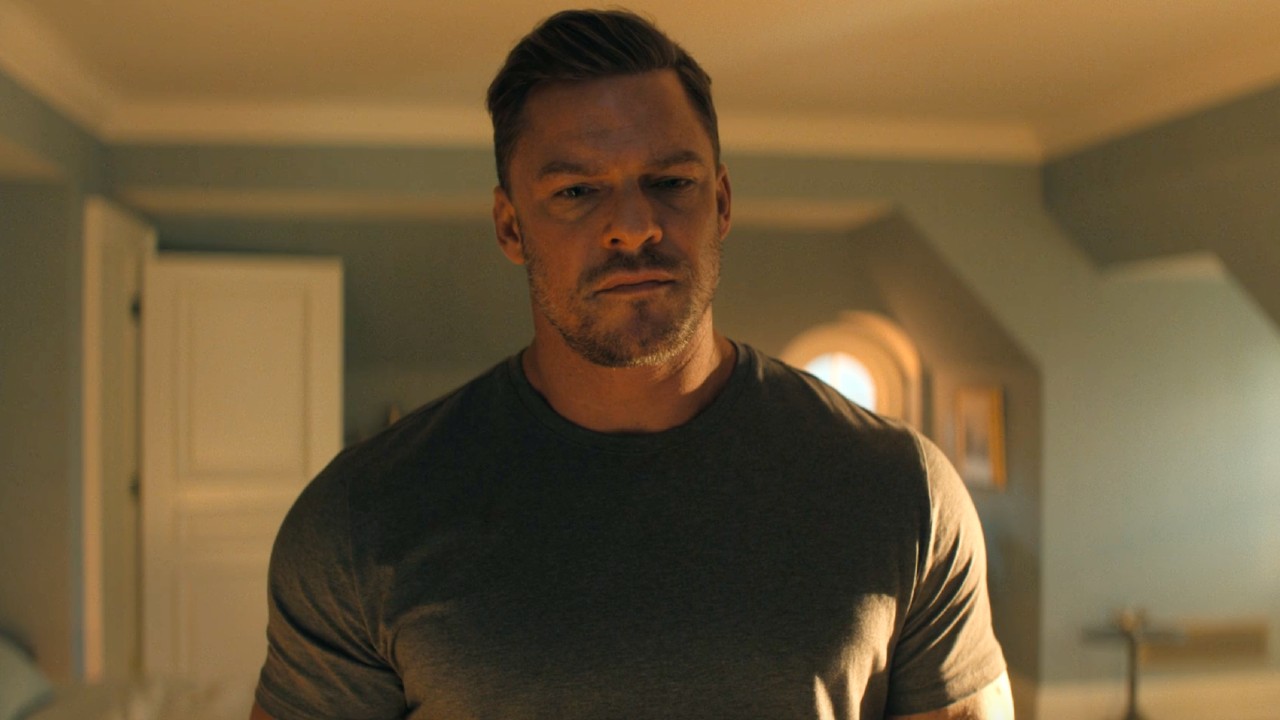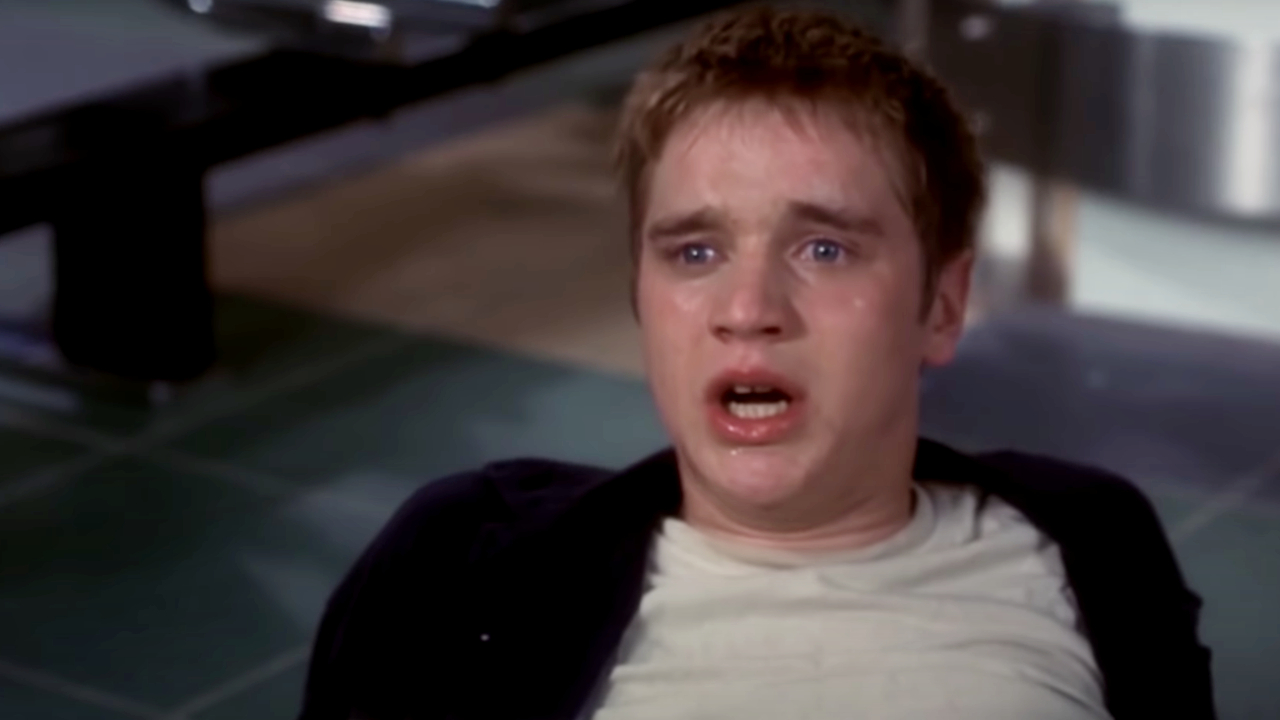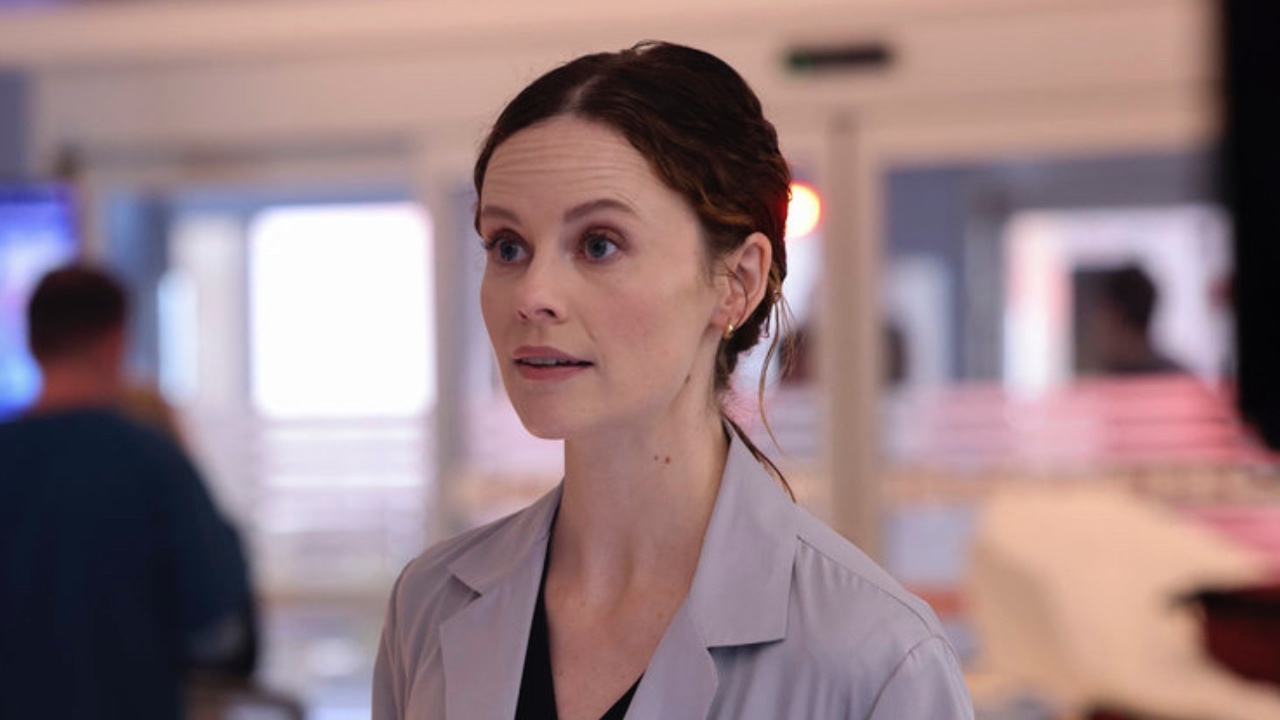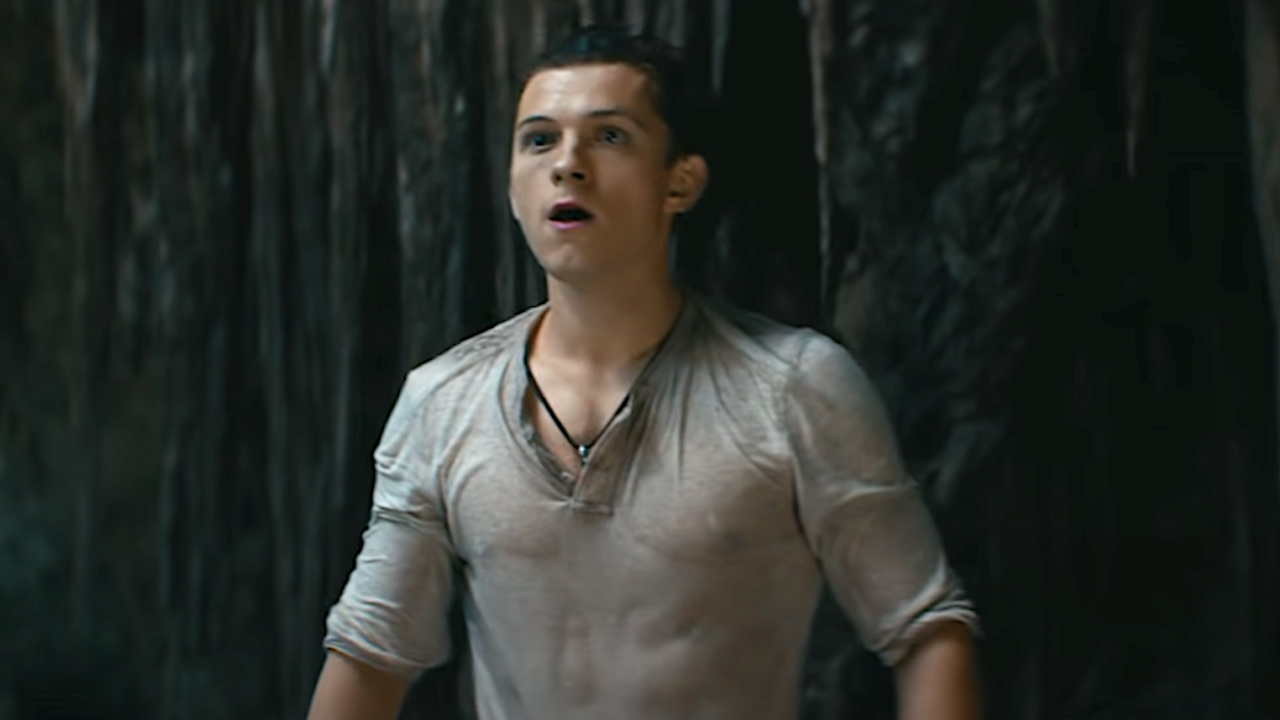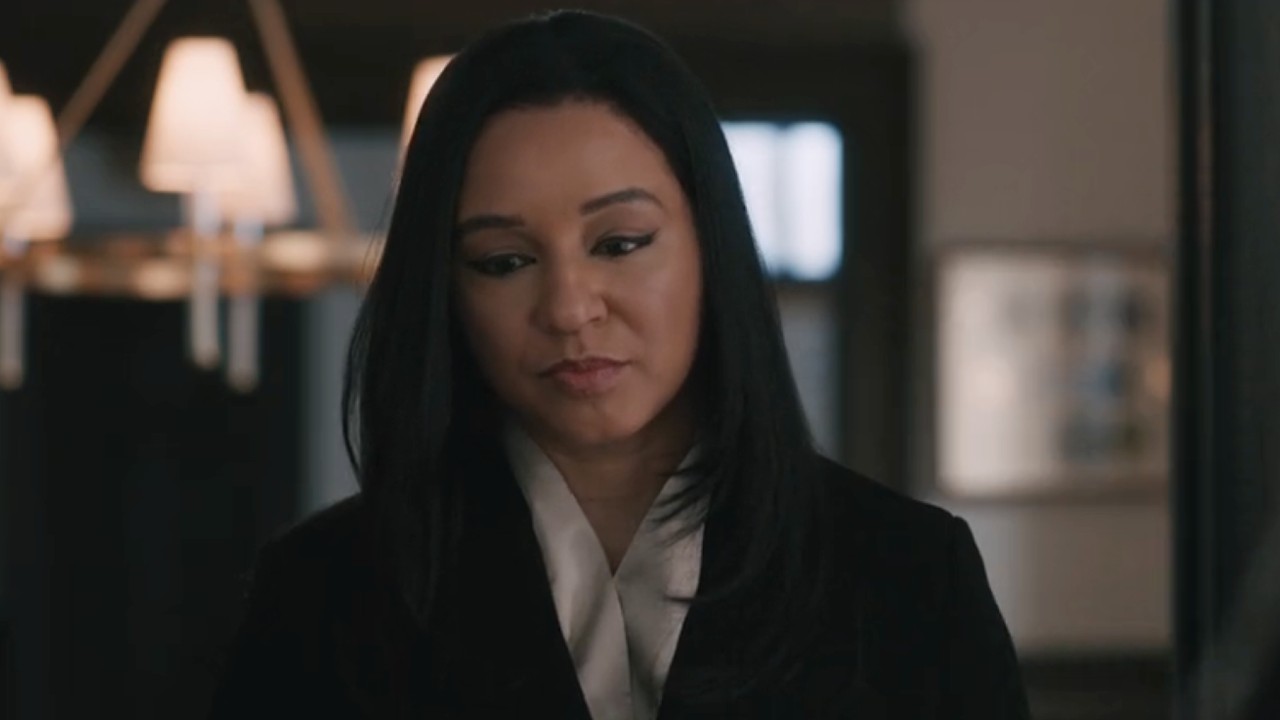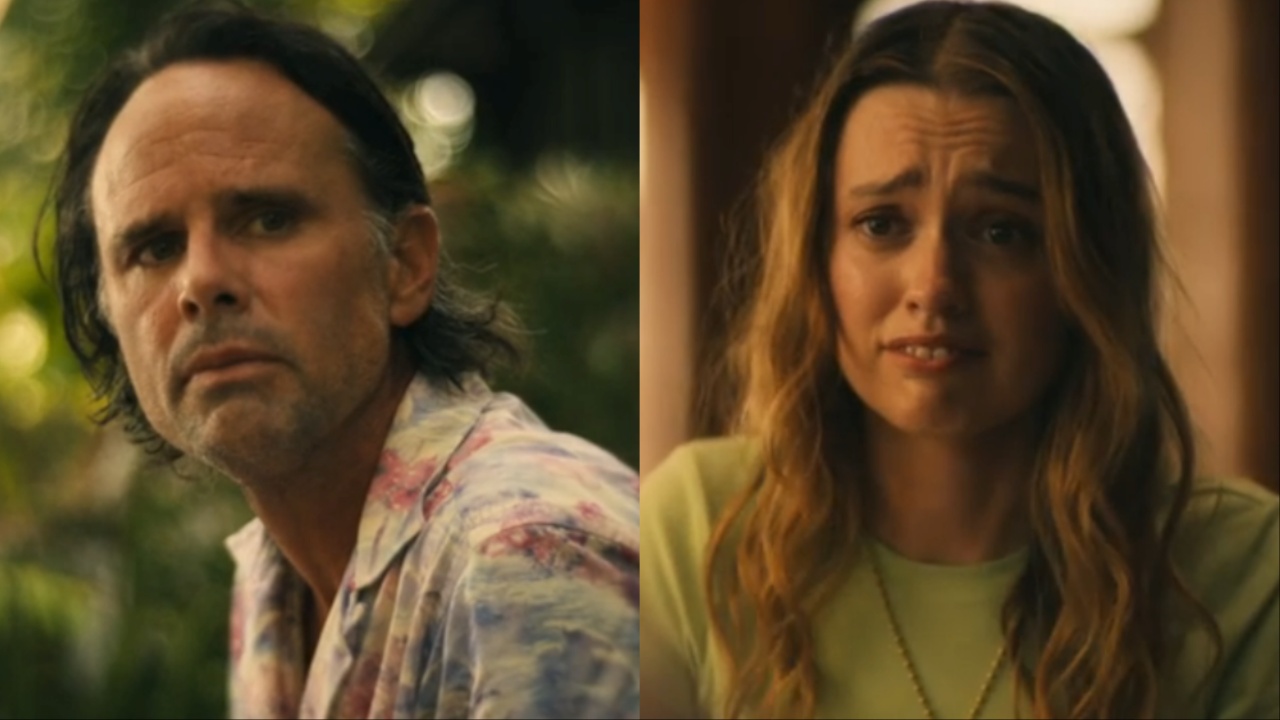What Flashpoint Is And Why It's So Important To The DC Universe
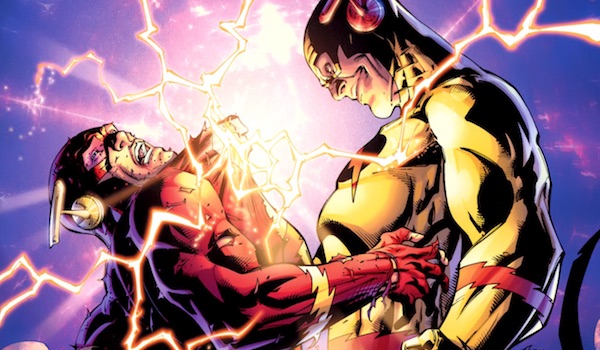
One of the bigger shocks to come out of San Diego Comic-Con last month was that The Flash movie is now being called Flashpoint. The Scarlet Speedster's standalone adventure was originally intended to be released in March of 2018, but due to the departure of two directors, it wasn't able to make that release date. Following a page-one rewrite, the movie has been turned from a more traditional superhero movie into the five-issue spectacle that writer Geoff Johns and artist Andy Kubert delivered to comic book fans in 2011 (not to mention the 16 miniseries and four one-shots tying into the main story).
Flashpoint has cemented itself as one of DC's most popular storylines, but in case you've never had the chance to flip through the tale, we've provided an in-depth look into what it's about, the previous adaptations that are already out there and how the Flashpoint movie could permanently change the entire DC Extended Universe as we know it.
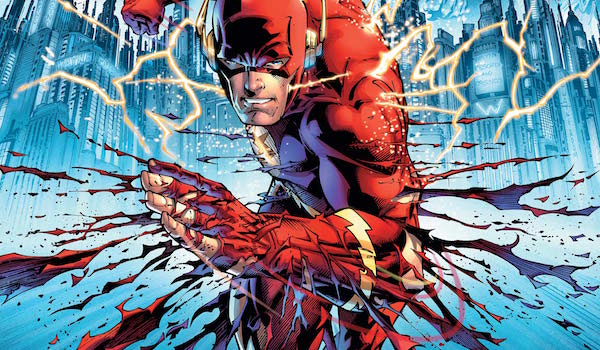
The Story
In The Flash: Rebirth miniseries (not to be confused with the current Flash title that's being published under the DC Rebirth line), Geoff Johns retconned Barry Allen's history so that his mother, Nora Allen, was killed when he was a child by his future arch-nemesis, Eobard Thawne, a.k.a Professor Zoom/Reverse-Flash. As The Flash, the adult Barry knew that it was dangerous changing the past, so for a long time, he refused to go back to save his mother. However, one day Barry awoke in a world where his mother was still alive. But that was the tamest of the differences, and this wasn't a parallel reality like Barry originally thought. It was a new timeline: Flashpoint.
There were a number of shocking changes as a result of Flashpoint. Bruce Wayne was killed in Crime Alley that fateful night, leading Thomas Wayne to become Batman and Martha Wayne to become The Joker. Wonder Woman and Aquaman were at war with one another, and their conflict saw the destruction of Themyscira and London. Rather than landing in Smallville and being raised by the Kents, the baby Kal-El landed in Metropolis and was quickly imprisoned by the U.S. government, never becoming Superman. Cyborg was the United States' top superhero. The list goes on, but Barry was the only one who remembered how reality was supposed to be, and he set out to fix this problem before his memories of the main DC timeline faded. Barry was able to persuade Thomas Wayne to help him by telling him about Bruce still being alive in the main timeline, and the two of them later recruited Cyborg, Element Woman, Shazam and others to help.
All of this eventually led to a gigantic battle between Wonder Woman's army, Aquaman's army and The Resistance, and it was there that the big twist dropped. Originally Barry assumed that Professor Zoom was the one who changed the timeline because he left his yellow costume in Barry's Flash ring, but during the devastating battle, Eobard showed up to remind Barry that in fact he was the one who created Flashpoint when he went back in time to prevent his mother from being killed. When Barry made that change to the timeline, it fractured the lives of everyone close to him like a bullet shattering a windshield. Now with the world on the cusp of destruction, Barry realized that the only way he could fix this was to go back in time and stop his past self from saving Nora.
He was successful, but in the process, a new version of the main DC reality was created. And thus, the New 52 was born, which rebooted a significant chunk of DC's history. Barry still remembered his time in Flashpoint upon returning "home," but from his perspective, nothing was different about his regular life.
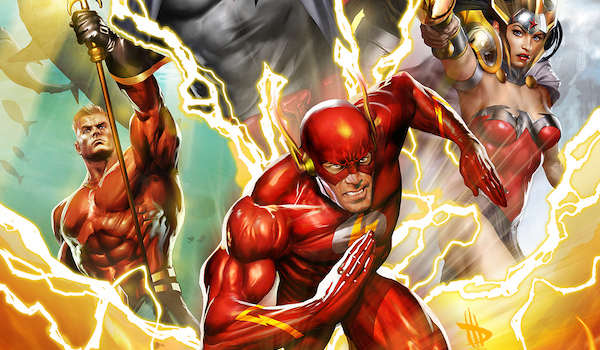
The Previous Adaptations
The original Flashpoint story is only six years old, but it's already been adapted twice. The first time was in the 2013 animated movie Justice League: The Flashpoint Paradox. This adaptation hit most of the main beats from the comic book event, but there were a few notable changes. For one thing, the identity of Nora Allen's killer was never revealed, so although Professor Zoom was still the story's main antagonist, we don't know for sure if he committed the crime. The movie also opened with Flash battling The Rogues as The Flash Museum and receiving some much needed assistance from his Justice League teammates, all of whom would be drastically changed in the Flashpoint timeline.
CINEMABLEND NEWSLETTER
Your Daily Blend of Entertainment News
However, until the Flashpoint movie comes out, arguably the most well-known Flashpoint adaptation comes from The Flash TV series. Despite defeating Zoom and saving the multiverse in the Season 2 finale, Grant Gustin's Barry Allen was still struggling with the death of his father, Henry Allen, whom Zoom had killed in the previous episode. That tragedy, along with the lingering grief of his mother's death 16 years earlier, led Barry to going back in time and prevent Eobard Thane from killing Nora, which also erased the version of himself from the Season 1 finale who'd gone back in time to accomplish that same task, but didn't end up completing at the time.
Unlike the original Flashpoint story and The Flashpoint Paradox, the changes in The Flash's version of Flashpoint weren't nearly as widespread and odd. But when Barry started to lose the memories of his old life, along with Wally being fatally injured by an evil speedster known as The Rival, he realized he needed to put things back to normal. So Barry freed Eobard from captivity and allowed him to kill his mother in 2000. Despite this TV Flashpoint only lasting for one episode, the aftermath of Barry's actions reverberated throughout the rest of Season 3 and saw a number of changes to the timeline, including Caitlin Snow now being a metahuman and Arrow's John Diggle having a son instead of a daughter.
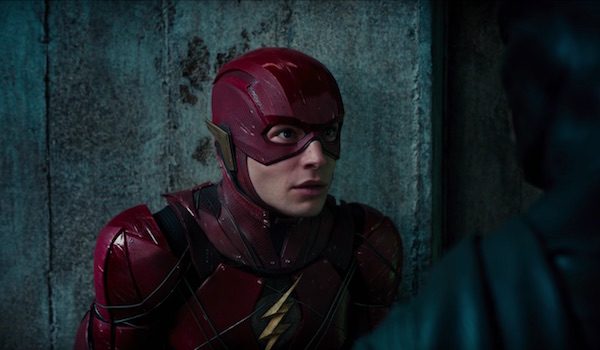
Why It's Important
Flashpoint is a captivating alternate continuity tale, and if the report about Gal Gadot reprising Wonder Woman in the movie is true, then it will likely be a faithful adaptation, which could also include Jason Momoa as Aquaman, Ray Fisher as Cyborg, Jeffrey Dean Morgan as Thomas Wayne, etc. More importantly, however, is that it also presents an opportunity to make numerous continuity changes, a la The New 52. It's worth pointing out that last year's DC Rebirth one-shot revealed it was actually Watchmen's Doctor Manhattan who triggered the alterations in the main DC Comics universe, but the Flashpoint movie will almost certainly take after the previous adaptations and attribute any changes to Barry Allen screwing with time.
While the New 52 reboot wiped the slate clean for many corners of the DC universe, the changes might not be so widespread for the Flashpoint movie. That being said, there absolutely will need to be some differences when Barry undos Flashpoint. What will those differences be? That's hard to say at the moment. The first idea that immediately comes to mind is a tone shift. Man of Steel and Batman v Superman: Dawn of Justice were criticized by some for being too dark, and while Justice League appears to have course-corrected in that regard, Flashpoint may be used as a way to brighten certain corners of this mythology.
As for overall history, even though the DCEU is relatively "young," there are still a number of events that could be altered due to Flashpoint. Perhaps Zod didn't destroy most of Metropolis during Man of Steel. Maybe Lex Luthor's personality is changed to more closely match his comic book counterpart. By taking a cue from Infinite Crisis, Flashpoint could be the way that Jason Todd comes back to life, becomes the Red Hood and starts causing trouble for Batman. Speaking of the Caped Crusader, Flashpoint could also be timed with introducing a new actor to play Bruce Wayne if Ben Affleck ever decides he doesn't want to remain a part of this franchise.
With Flashpoint, the DCEU has the opportunity to make as many changes to continuity deemed necessary with one swift stroke. The story itself will let us view these iconic heroes (and a few villains) through a twisted lens, but the consequences of the event will be felt for many years afterwards.

Connoisseur of Marvel, DC, Star Wars, John Wick, MonsterVerse and Doctor Who lore, Adam is a Senior Content Producer at CinemaBlend. He started working for the site back in late 2014 writing exclusively comic book movie and TV-related articles, and along with branching out into other genres, he also made the jump to editing. Along with his writing and editing duties, as well as interviewing creative talent from time to time, he also oversees the assignment of movie-related features. He graduated from the University of Oregon with a degree in Journalism, and he’s been sourced numerous times on Wikipedia. He's aware he looks like Harry Potter and Clark Kent.
